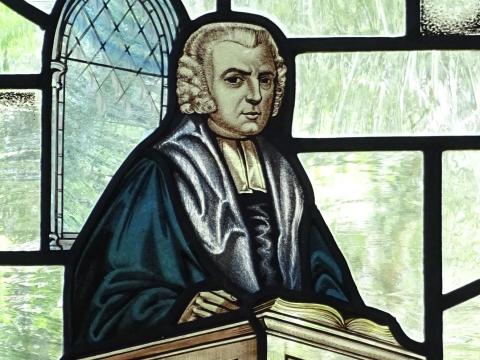The Alphabet—Greatest Invention of All Time?
I believe our alphabet reflects one of the most significant inventions of all time. Without it, it would take years for me to learn the hundreds of pictographic signs that would be necessary to write this blog and for you to be able to read it.
How was the alphabet invented?
Read more














